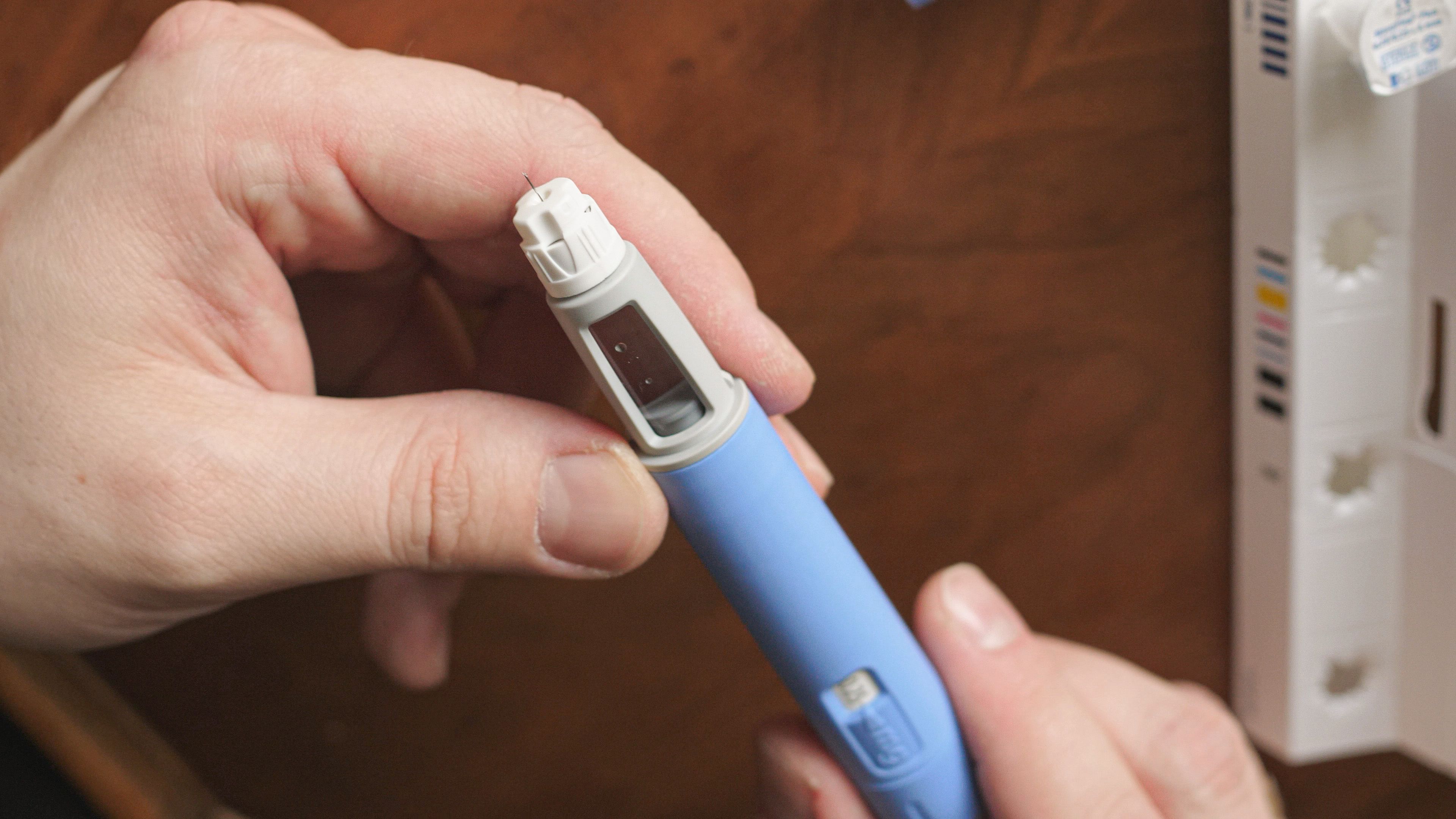- Sustainability
- DE&I
- Pandemic
- Finance
- Legal
- Technology
- Regulatory
- Global
- Pricing
- Strategy
- R&D/Clinical Trials
- Opinion
- Executive Roundtable
- Sales & Marketing
- Executive Profiles
- Leadership
- Market Access
- Patient Engagement
- Supply Chain
- Industry Trends
New Study Highlights Promise of Direct-To-Consumer Models That Facilitate Access to Anti-Obesity Medications
Researchers highlight several benefits and concerns associated with the launch of direct-to-consumer models for GLP-1 receptor agonists.
Image credit: myskin | stock.adobe.com

Since the June 2021 FDA approval of semaglutide, a GLP-1 receptor agonist, the demand for weight loss medication has surged, with social media influencers playing a role. According to a recent study published in The New England Journal of Medicine, limited access to GLP-1 receptor agonists for weight management has resulted in patients turning to direct-to-consumer (DTC) platforms.1
These include weight-management services incorporating pharmacotherapy, wellness centers, and independent online platforms offering mail-order medications. Despite offering numerous benefits, the authors of the study were quick to point out that there were a number of risks associated with DTC platforms as well.
Potential benefits of DTC models included:
- Reduced Costs: This could make accessing the medication much less challenging.
- Effective Medication Delivery: Online models reportedly offer the potential for a more efficient procedure for medication delivery.
- Heightened Patient Commitment: According to the study, implementing pharmacotherapy into weight-management programs could lead to better engagement and overall outcomes.
- Stigma Reduction: The authors believe that having access to care from a specialized team will lead to less stigma as a result of a DTC platform.1
“The quality of care delivered by sources offering DTC prescribing of medications for stigmatized, chronic conditions has rarely been studied, and the results of such research have been mixed,” explained the study authors.1
Potential risks and concerns included:
- Safety: Currently, there is no traditional healthcare oversight when it comes to GLP-1 receptor agonists. The authors wrote that as a result, this might lead to untreated coexisting conditions and increased adverse effects.
- Care Quality: DTC products tend to raise concerns when it comes to the quality and consistency of care, especially with compounded medications.
- Regulatory Oversight: Currently, the level of regulation over DTC compound medications remains unclear.1
“We believe it will be important for researchers to better establish the frequency of DTC prescribing, for policymakers to monitor the prescribing practices of DTC platforms in order to identify and address potential risks, and for clinicians and health care systems to ask their patients about use of DTC platforms and to consider partnering with reputable weight-management companies and online platforms in order to augment traditional care with approaches that could increase medication access, patient engagement, and points of contact,” the study authors wrote.1
Last month, Eli Lilly announced LillyDirect, its digital healthcare platform. According to a company press release, the platform offers disease management resources, including direct home delivery of select Lilly medicines through third-party pharmacy dispensing services. Furthermore, the delivery service includes access to Lilly’s LillyDirect Pharmacy Solutions, a digital pharmacy for select Lilly medicines, access to independent healthcare providers that can assist primary care teams, and educational information regarding disease and healthcare.2
"A complex U.S. healthcare system adds to the burdens patients face when managing a chronic disease. With LillyDirect, our goal is to relieve some of those burdens by simplifying the patient experience to help improve outcomes," said David A. Ricks, chair, CEO, Lilly, in to a press release. "LillyDirect offers more choices in how and where people access healthcare, including a convenient home delivery option to fill Lilly medicines they have been prescribed."
At the time of publication, Lilly explained that updates to the service will continue to be made, including new products, partners and services designed to support patients with medication adherence.2
"We know that people have come to depend on the efficiency and convenience of digital solutions to meet a variety of their everyday needs – healthcare being one of them," said Frank Cunningham, group vice president, global value and access, Lilly, in the same press release. "We launched LillyDirect with the hope that it will offer patients an innovative end-to-end experience to manage their health and access their medicines, so they can get back to living their lives."2
Moving forward, the authors of the DTC study suggest establishing what could be considered best practices for DTC prescribing. These include consistent diagnostic criteria, reviewing patient records, and planning with primary healthcare providers. Additionally, they suggest further research to assess the impact of DTC prescribing and guide policy formulation.1
“Although the movement toward online DTC platforms may be inevitable, the concerns that have been associated with prescribing of testosterone therapy can be addressed,” the authors wrote. “With proactive oversight of industry and closer integration between DTC platforms and traditional health care systems, we believe that better access will in fact translate into better care.”1
References
1. Direct-to-Consumer Platforms for New Antiobesity Medications — Concerns and Potential Opportunities. The New England Journal of Medicine. February 17, 2024. Accessed February 20, 2024. https://www.nejm.org/doi/pdf/10.1056/NEJMp2312816
2. Lilly Launches End-to-End Digital Healthcare Experience through LillyDirect™. Lilly. January 4, 2024. Accessed February 20, 2024. https://investor.lilly.com/news-releases/news-release-details/lilly-launches-end-end-digital-healthcare-experience-through
Transforming Cancer Care: Data, AI, and Patient-Centered Care
July 20th 2023Join us as Mohit Manrao, SVP and head of US oncology at AstraZeneca, shares his patient-centered approach to transforming cancer care, bridging the gap between innovative science and tangible patient outcomes across all populations on a global scale.
Beyond the Scrubs: Understanding Healthcare Providers as People for Increased Engagement
March 28th 2024The benefits of adopting a humanized approach to healthcare provider marketing extend across the healthcare spectrum, enhancing engagement rates, brand loyalty, and marketing ROI, while also driving better outcomes for patients.
